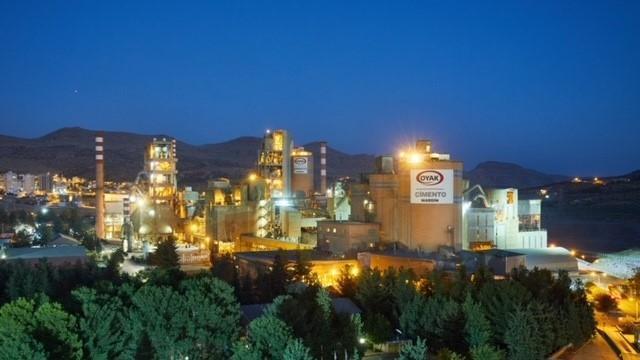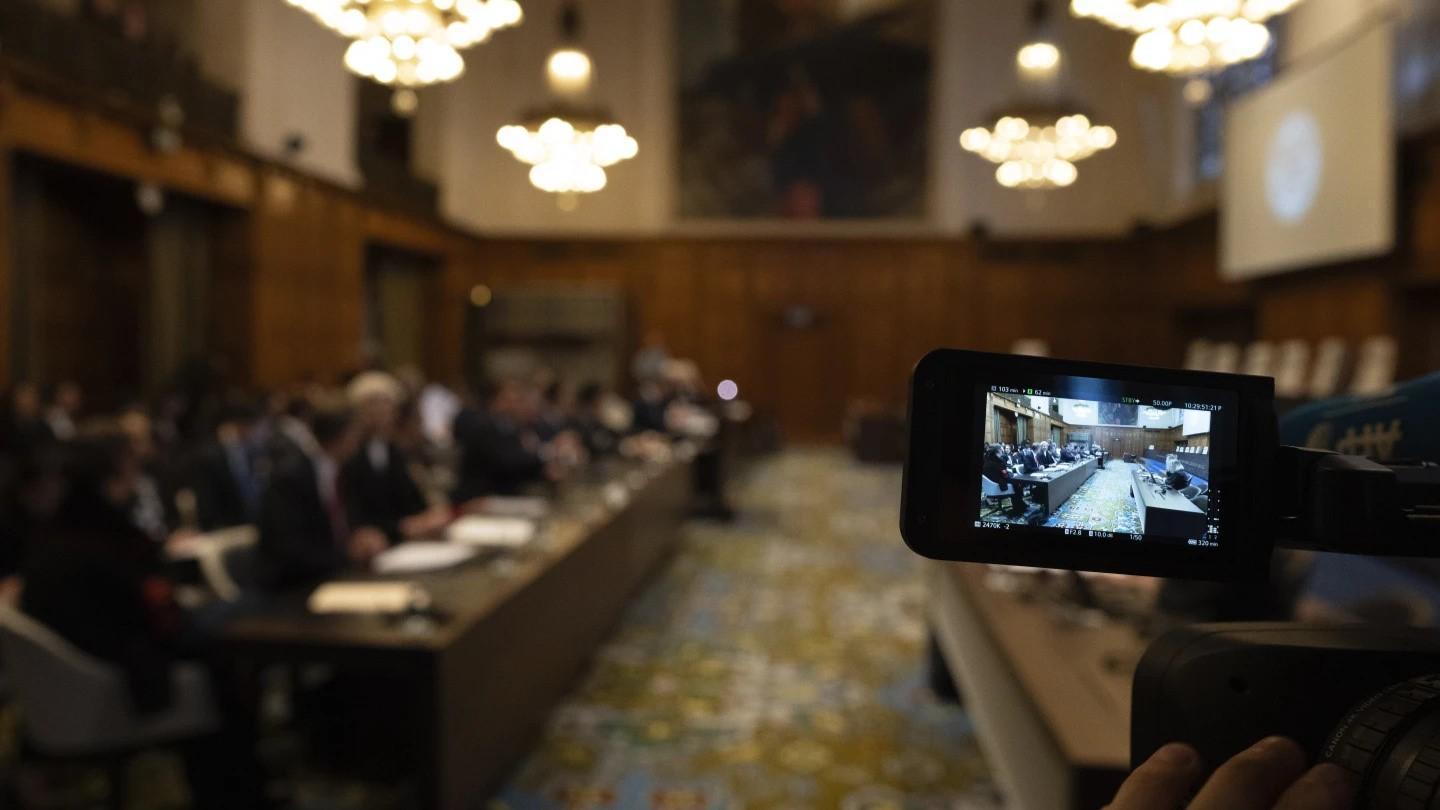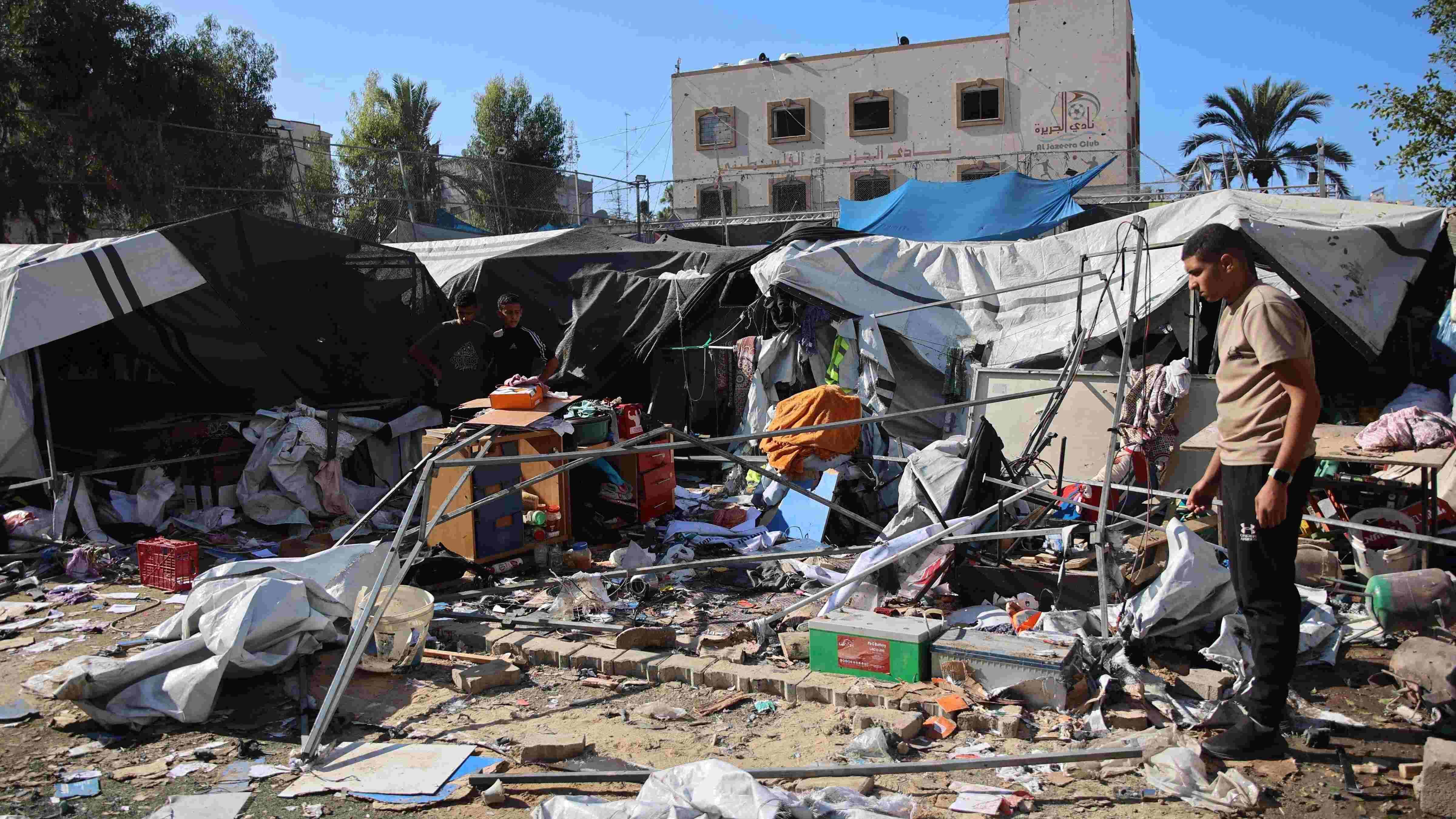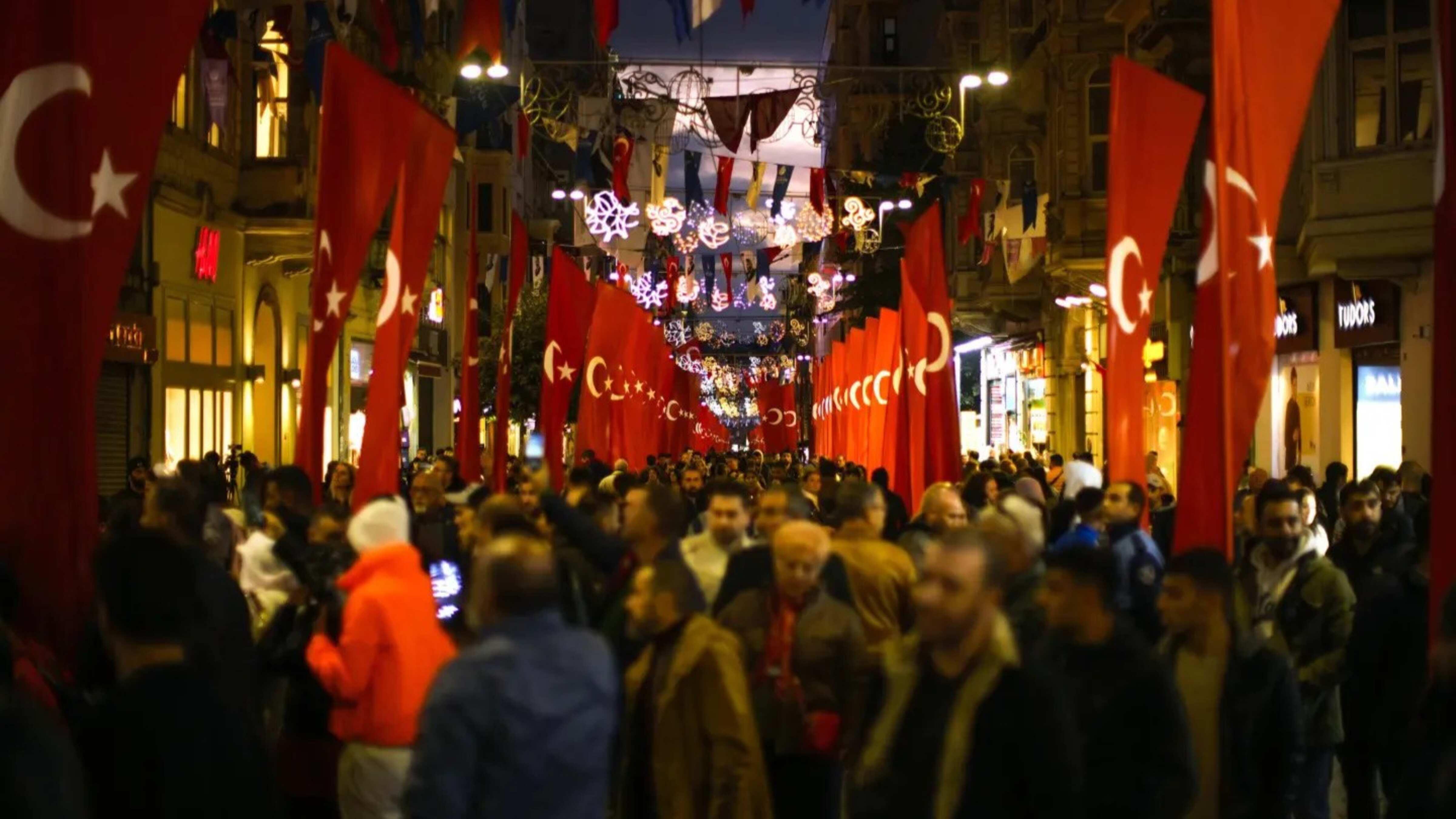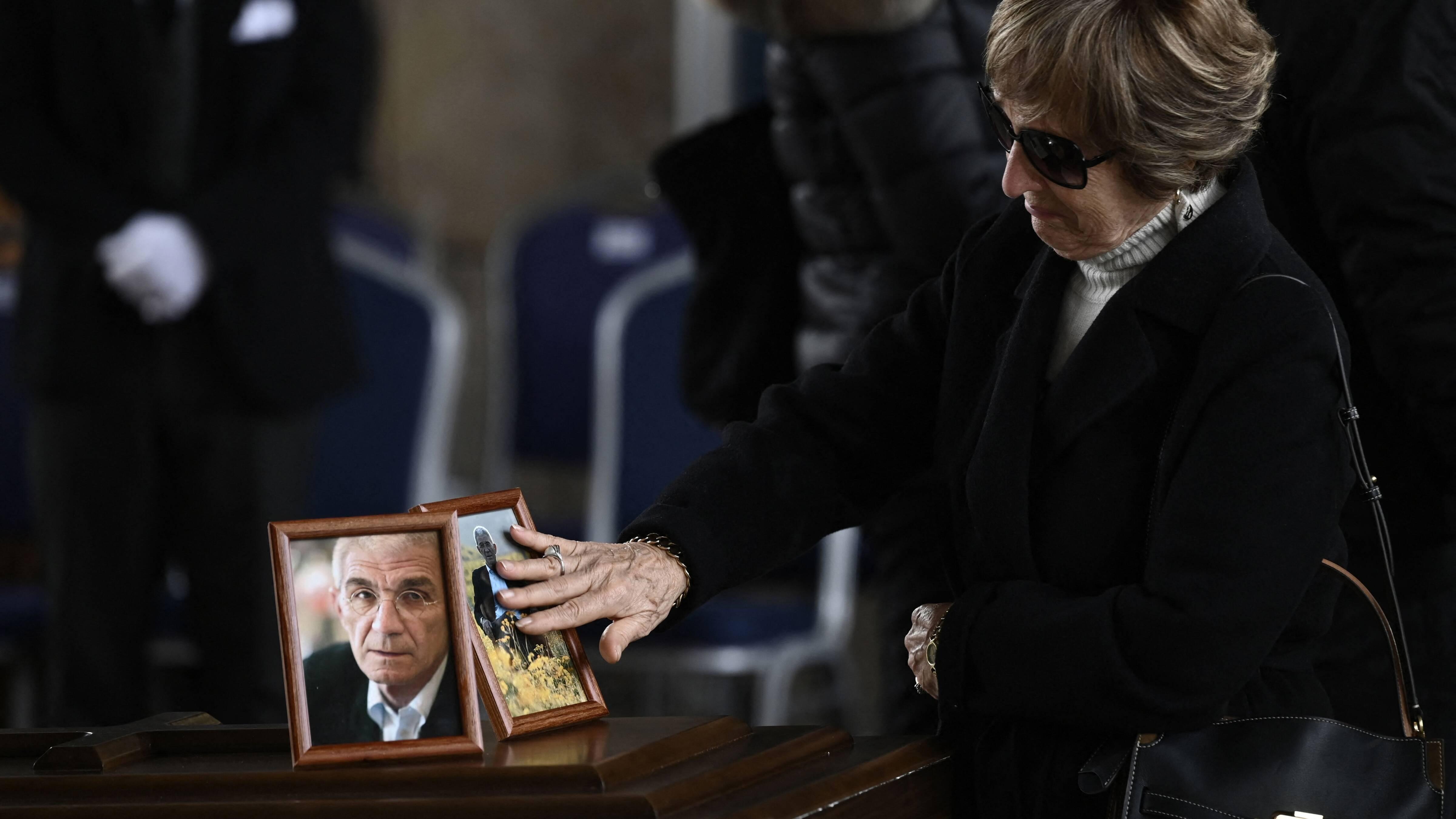Turkey’s presidential contenders: An Islamist, a conservative and a Kurd
With the announcement of Prime Minister Recep Tayyip Erdoğan’s candidacy, we now have three contenders for the country’s most prestigious post (if, of course, dissidents in the social democratic main opposition cannot manage to gather 20 signatures to nominate an alternative candidate by July 3).
Along with Erdoğan, Ekmeleddin İhsanoğlu - the joint candidate of the Republican People’s Party (CHP) and the Nationalist Movement Party (MHP) - and Selahattin Demirtaş, the co-leader of the Peoples’ Democracy Party (HDP), will run for the presidency.
First of all, in a country like Turkey with 76 million people and a vibrant political life, the number of candidates is less compared to similar democracies. Taking some recent presidential elections in the world as example, in Israel five candidates ran for elections, in Slovakia, 14, in Lebanon, 10, and in Afghanistan, 11 candidates, presenting much more diverse options for the people.
Although the next Turkish president will be directly elected by the people, it’s the political parties represented at Parliament that have the right to appoint candidates. Given the fact that the elections will have two rounds in the event that none of candidates receive 50 percent+1 votes in the first round, changing the presidential electoral law to pave the way for individuals meeting certain criteria to be able to run for elections would only be to the advantage of Turkish democracy.
The second point to make is the absence of a female candidate for the presidency. This point was made by Demirtaş on June 30, who expressed his sorrow over the absence of a female candidate. The CHP’s Kemal Kılıçdaroğlu had said he was willing to appoint a woman for the presidency in his speeches last year, but he changed his mind after the local elections, in which Erdoğan’s Justice and Development Party (AKP) got 45.5 percent of the vote. Dominated mostly by men, Turkey is, obviously and unfortunately, a long way from electing a woman as president.
Let’s take a closer look at each of the three candidates and what this picture says about Turkish politics:
Prime Minister Erdoğan is naturally the strongest candidate for presidency. He has won all of the elections he entered since 2002 and has become a “winning machine.” But at the same time, he has turned into a “fighting machine” in line with his sharp political understanding, as he often explains:
Those who do not take a side will be swept aside. His party got 45 percent of the votes in the local elections and he still needs more to win. It seems hard for Erdoğan to win in the first round, but he can make it in the second. One of the most important tools he will use in the elections is his 12 years of performance as prime minister in building what he calls the “New Turkey.”
İhsanoğlu, the CHP and MHP’s joint candidate, is representing a first for Turkish politics. These two traditionally rival parties have agreed to appoint him as the combined candidate in a rare example of political conciliation. To some extent, this is because Erdoğan’s of polarizing politics. But İhsanoğlu’s unique political and individual identity has also played crucial role. He is a world-respected academic, diplomat and intellectual with deep knowledge on regional affairs and at the same time, a conservative with secular thoughts. The only disadvantage is that he is not well-known in his country and it’s hard to reach out to all different segments of the society in the short campaigning period.
As Kılıçdaroğlu has said very openly, he took a huge risk by nominating İhsanoğlu instead of a figure from his own party. A failure in the presidential elections will further diminish his credit in the CHP, and the next parliamentary elections may well be a life or death issue for his political career.
The HDP’s nomination of Demirtaş is also very important for various reasons. First, it highlights him as the ultimate leader of the Kurdish political movement, despite reported disagreements between Demirtaş and the leadership of the Kurdistan Workers’ Party (PKK) over the ongoing peace process.
Second, and more importantly, it will have an enormous contribution to the HDP’s efforts to become the party of Turkey and thus to remove its “ethnic party tag.” Appointing Demirtaş becomes more meaningful from this perspective, as he can get more votes from Turks than any other Kurdish politician, especially from leftists, socialists and other similar political and social groups. The amount of votes he garners will be an important test for the HDP’s objective of joining the next parliamentary elections as a party.
Thirdly, the Kurds’ performance in the presidential polls will also have impacts on the ongoing peace process. If Demirtaş can manage to obtain around 10 percent of the votes, as suggested by some public opinion polls, the Kurds could raise the bar in their negotiations with the government. To summarize the picture, some more than 52 million of Turks will have to select their next president from three people: A political Islamist, a conservative and a Kurd.



